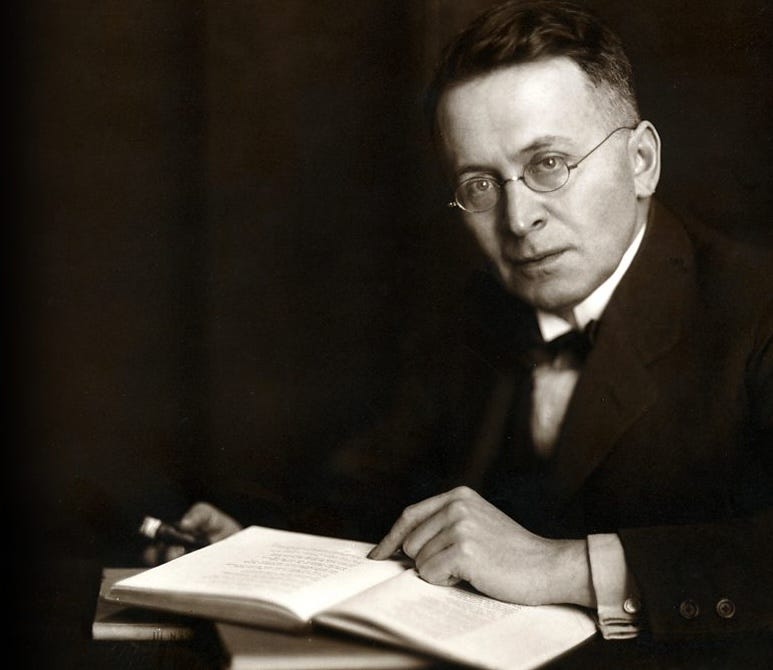Prose
Prose is always a compromise. When you begin a 150,000 word novel, you make a deal with possibility.
I have already mentioned Death, which may foreclose on your rich character development before your fragments are even interesting to your immediate family. But there is also a bargain with Time.
I will voice it as well as I can: ‘I can’t spend the rest of my life perfecting every sentence in this single book. I am not Giuseppe Tomasi di Lampadusa writing The Leopard. What I need is to get my prose writing abilities up to a certain okay-ish level, and then I need to write at that level, saying roughly what needs to be said at each point, every day from now on until I have a first draft, after which I will (See Rewriting).’
This includes a footnote: ‘I am not trying to reinvent anything here. I want to write a writeable novel.’
If you refuse to make this bargain, you are back to Extremes and New.
Write your prose as if it were a technical manual.
Write your prose as if it were poetry.
Further Reading: Flaubert, Madame Bovary and Amy Hempel, The Collected Stories.
Quips
When I am teaching Creative Writing I try, as much as possible, never to say never.
Beginning writers get very bugged by nevers. ‘Never open a novel with a description of miserable weather,’ I once said.
My students came back at me, the following Wednesday, with many examples of great novels that open with miserable weather.
Some beginning writers read How To manuals in search of Nevers and Don’ts to add to their already long lists.
Never use adverbs. Don’t have your first person narrator walk past a mirror, and notice and describe themselves, in the opening chapter of your book. Never make your hero an accountant. Don’t use unexciting verbs!
The truth is, if you are overly concerned about these things, you’re not really focussing on what’s important. Really good writers aren’t prissy.
As George Orwell said, after laying out his verbotens, ‘Break any of these rules sooner than say anything outright barbarous.’ (Although the idea of creating something ‘outright barbarous’ always seemed to me a marvellous challenge. I think Orwell’s barbarous was different to mine.)
Don’t read How To Manuals. Never collect superstitions.
Take Elmore Leonard extremely seriously; adopt his view of semi-colons.
Further reading: D.H.Lawrence’s non-fiction
Rewriting
Most of the things other people have said about rewriting are true. Almost certainly, none of them will come in all that handy when you’re going back to the same paragraph for the fourteenth time. At that point what you need is stubbornness.
Read your writing as if you hadn’t written it.
If you know what you’re trying to say, and the words are there somewhere on the page, the reader will get it.
Further Watching: Le Mystère de Picasso (The Mystery of Picasso) directed by Henri-Georges Clouzot.
Satire
If you really want to make it difficult for yourself, try to write politically.
We need proper satirists; not just satirists of the language of power, but satirists of the abuse of power. We know the powerful never misunderestimate the power of words. The abuse of power continues. We need to be appalled, not amused.
Believe that when you speak the whole world will listen and change for the better.
Believe that when you speak the whole world will listen and change for the better.
Further Reading: Karl Kraus, Half Truths & One-and-a-Half Truths, University of Chicago Press
Technology
Technology that alters the human subject is important, otherwise it’s trivial.
The novel in which every character could, at any moment, contact every other character is very different from the novel in which they are phoneless and separated by uncrossable distances.
Ask yourself: Is a novel decadent when dealing with subjects for whom issues of survival, hunger, harvest, are far off?
Don’t be a magpie. Shiny things are not innately valuable.
When advertisers use the word ‘Revolution’, they mean it.
Further Reading: The early works of Douglas Coupland particularly Shampoo Planet.



I find that most 'nevers', like many 'rules' of writing, seem to be more about what's acceptable to an agent than what makes great literature. I wonder at the idea of making a work more publishable against making what might be a fantastic work of art. A lot of it is about trends.